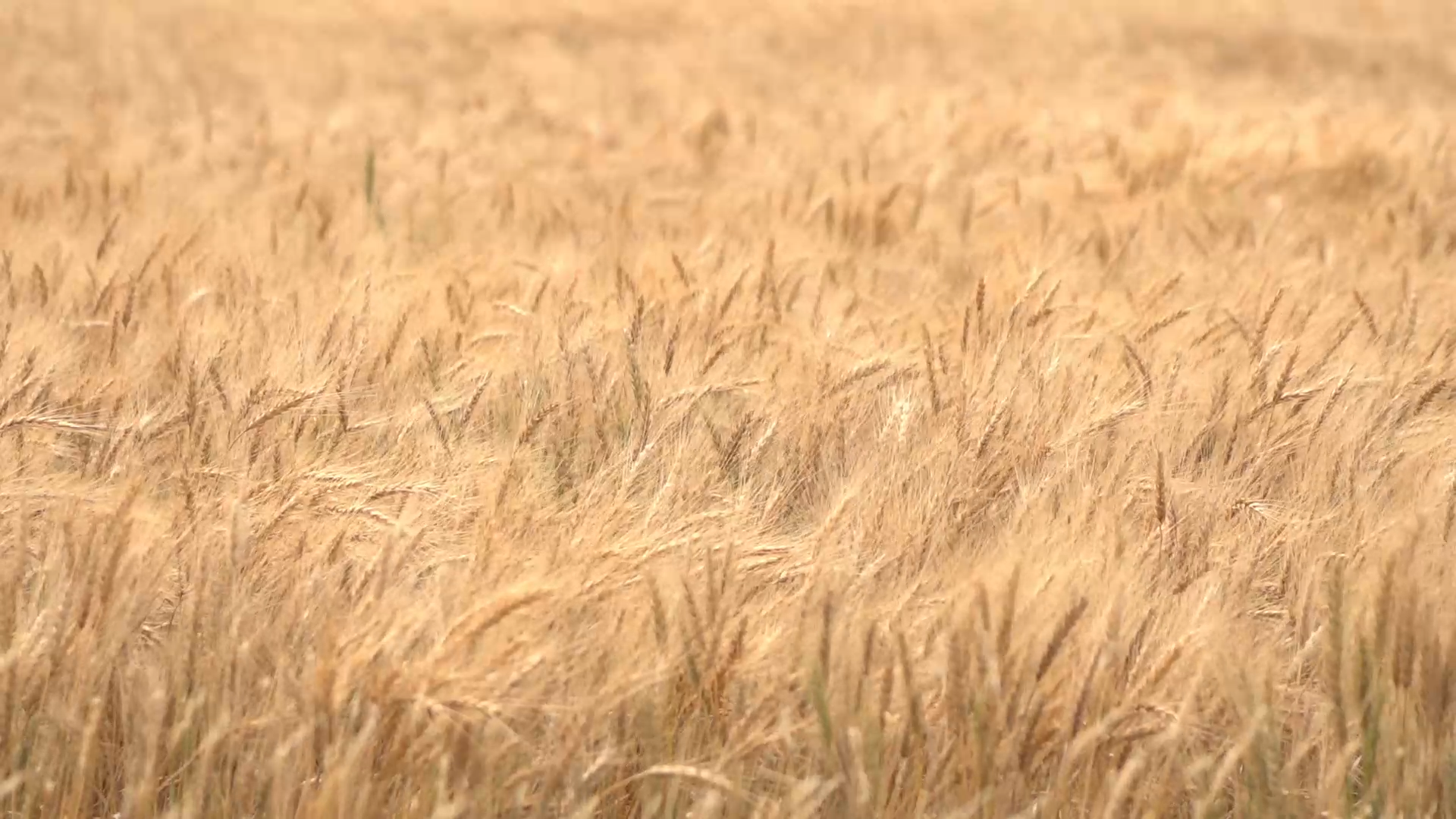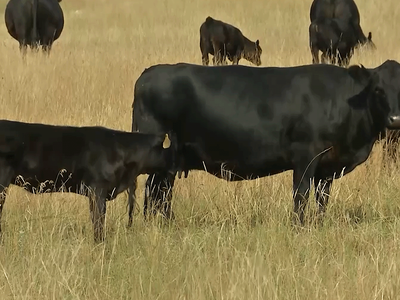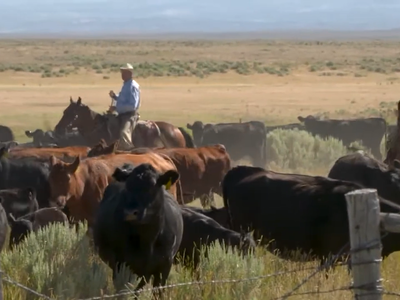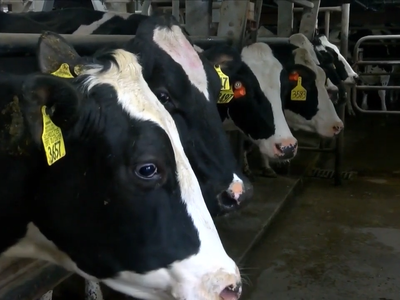K-State Researchers Make Gluten Breakthrough
In Manhattan, Kansas, researchers from Kansas State University have announced a significant breakthrough in the development of wheat-based foods with reduced gluten content. This discovery holds promise for mitigating the negative effects on individuals with celiac disease or other autoimmune disorders.Collaborating with the USDA's Agricultural Research Service and Kansas Wheat, scientists from K-State's Wheat Genetics Resource Center employed the CRISPR-Cas9 gene editing technique. Their focus was on diminishing the presence of two gluten-coding genes, gliadins, recognized for their abundance in immunoreactive peptides—essential components forming proteins.
Gluten, a protein prevalent in wheat, barley, and rye, triggers an immune response in individuals with celiac disease, leading to damage to the small intestine and its villi, crucial for proper nutrient absorption.
Eduard Akhunov, University Distinguished Professor and Director of the Wheat Genetics Resource Center, expressed surprise at the substantial reduction in immunotoxicity—47-fold—following the editing of gliadin genes. Despite acknowledging the indispensability of gluten in bread-making for texture, flavor, and moisture, the researchers successfully maintained dough quality while achieving lower toxicity levels.
Akhunov highlighted that while the reduced gluten levels might not immediately cater to severe celiac cases, the progress is significant. Varieties with diminished toxicity could expand wheat-based options for those with milder gluten-related issues, ultimately paving the way for safer alternatives for people with celiac disease.
Acknowledging the prolonged process of making such varieties available to consumers, Aaron Harries, VP of Research and Operations for Kansas Wheat, emphasized that these traits might be integrated selectively into new varieties, potentially grown under contracts with food manufacturers. He stressed the importance of developing wheat varieties catering to celiac sufferers, benefiting both consumers and wheat farmers, including those in Kansas who ironically cannot consume wheat despite growing it.
Utilizing CRISPR-Cas9, a faster and more precise genome editing tool, the researchers worked with the Fielder wheat cultivar, known for its amenability to genome editing. Funding from entities such as Kansas Wheat, USDA's National Institute for Food and Agriculture, and the Bill and Melinda Gates Foundation supported this research, detailed in the November 17 issue of the Plant Biotechnology Journal.
Source: Kansas State University

















